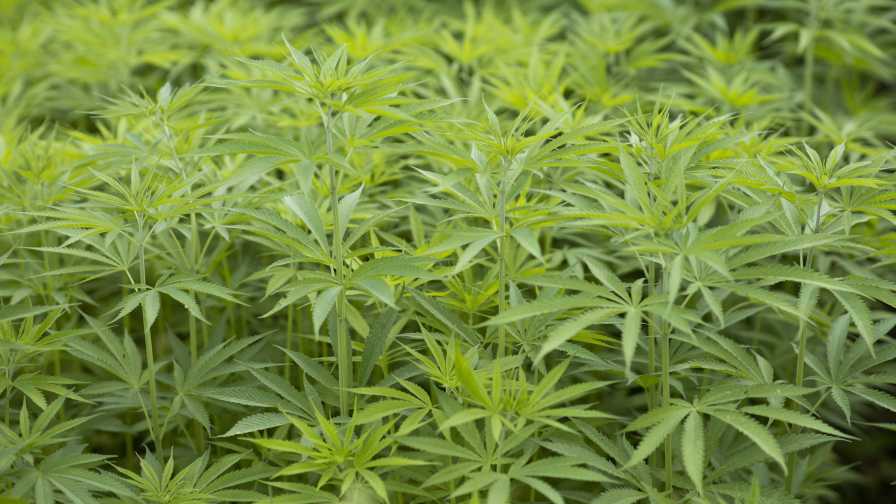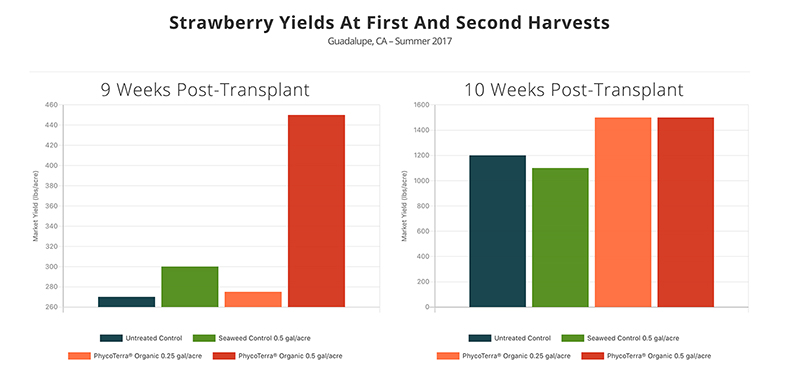Tips for Sourcing Hemp Seed or Plants

UF/IFAS and FAMU have been testing cultivars for suitability for Florida’s climate for months. Photo courtesy of UF/IFAS
As hemp cultivation gets underway in Florida, a critical first step for growers wanting to give the alternative crop a try will be sourcing seed or transplants.
For such a fledgling industry, that will present challenges in the form of sourcing approved seed and taking the leap of faith that the variety will perform well in Florida.
Certified and Approved
To protect growers from crop failures, lawmakers included language in hemp regulations that seed must be certified and approved for cultivation in Florida. According to the Florida Hemp Association, the Florida Department of Agriculture and Consumer Services (FDACS) defines certified hemp seed as a class of seed that is the progeny of breeder, foundation, or registered hemp certified by an agent of the Association of Official Seed Certifying Agencies (AOSCA).
The second option is to source seeds or cultivars from a university industrial hemp pilot project. FDACS defines pilot project hemp seed as those approved by an institution or university conducting industrial hemp seed research that tests and determines purity, germination, and noxious weed seed content.
The manner of sampling, laboratory testing, and the tolerances to be applied to the results are the same as those used by AOSCA.
“UF/IFAS and Florida A&M (FAMU) are the lead universities in the industrial hemp pilot project,” notes Jeffrey Sharkey, Executive Director of the Florida Hemp Association. “UF/IFAS is doing a great deal of basic agricultural research on hemp strains but not generating seeds for commercial sale for this season; while FAMU has several partners that are working hard to develop and approve hemp for commercialization this growing cycle.”
FAMU is working with Sunshine Hemp, Future Farm Technologies, and Green Earth Cannaceuticals to develop commercial hemp varieties for cultivation.
Seed or Transplants?
According to Sharkey, whether planting hemp from seed or transplants (seedlings), each method has its pros and cons. Seeds need to be germinated in pots or in the soil, which takes longer than planting transplants, and there is always the possibility of getting seed with poor germination rates. However, the pilot project seeds and AOSCA seeds must have certificates of authenticity (COA) that confirm germination rates must be more than 80%.
“Most of the pilot project seeds have a germination rate of 95% and above; so the germination rate should not be an issue,” Sharkey says. “Seedlings have typically been grown in a greenhouse, and you get a small head start versus planting outdoors. But there is always the possibility that they may contain pests, mites, or fungus since the grower has not controlled the germination.
“Seedlings must be grown from a certified seed, as well. Growers should look for clear and accurate COA tests, good genetics, and proven cultivation success in Florida soil for both seeds and cultivars. This is important for ensuring a higher probability of successful growing.”
Ramping Up
Sharkey says pilot project partners like Sunshine Hemp are working hard to get seed and cultivars approved by their university partner.
“FAMU’s pilot project partners should have millions of seeds available once approved,” he says. “There also are a number of out of state seed breeders that are marketing what they indicate are AOSCA-certified seeds to hemp-cultivation applicants. The overproduction of hemp last year nationally and a slowdown this year in other states has made Florida and Texas hot markets for seed sales.”









